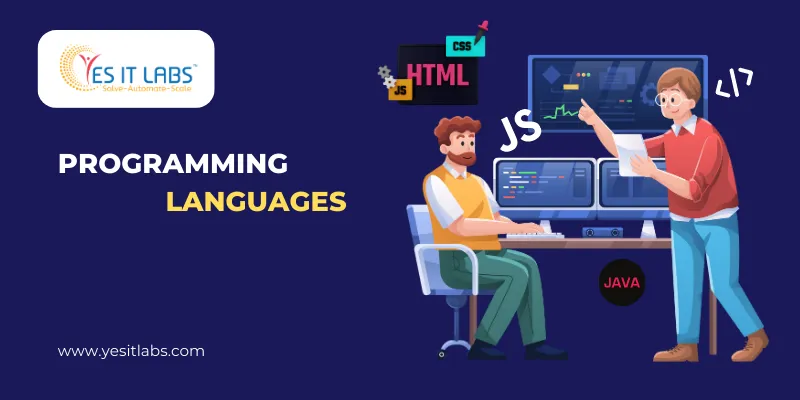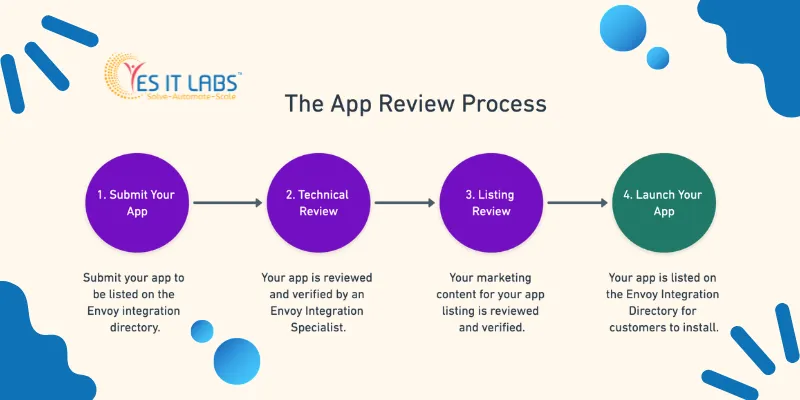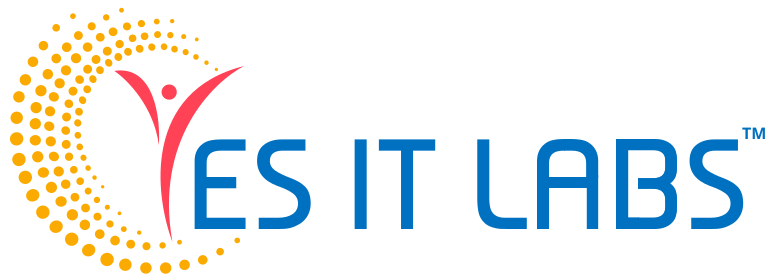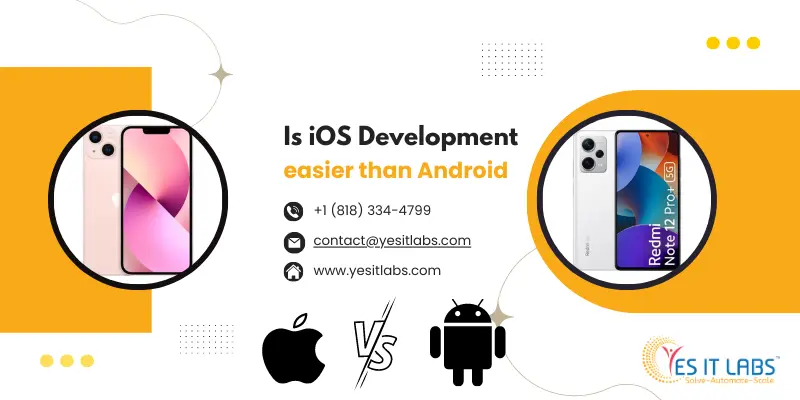Introduction:
The world of mobile app development has witnessed a fierce rivalry between the two dominant platforms – iOS and Android. Developers and tech enthusiasts often debate whether iOS development is easier than Android development or vice versa. While both platforms have their strengths and weaknesses, this blog aims to analyze the nuances of iOS development and Android development to determine if one truly outshines the other in terms of ease.
-
The Environment:
One of the key aspects that determine the ease of app development is the development environment. Apple’s XCode is the official Integrated Development Environment (IDE) for iOS development. XCode provides a robust set of tools and a user-friendly interface, making it relatively easy for developers to get started. Additionally, Apple’s documentation and development resources are highly regarded for their clarity and comprehensiveness.
On the other hand, Android development typically relies on Android Studio, the official IDE for the platform. While Android Studio has improved significantly over the years, some developers might find it slightly more complex than XCode, especially those transitioning from other development environments. However, the availability of a broad range of third-party IDEs can cater to diverse developer preferences.

-
Programming Languages:
iOS development primarily involves using Swift or Objective-C as the programming language. Swift, in particular, has gained immense popularity due to its modern syntax and safety features, making it easier for developers to write clean and maintainable code.
Android development, on the other hand, traditionally used Java as its main language. Java is well-established and widely known, which could make it appear easier for developers with prior Java experience. However, with the introduction of Kotlin as an official language for Android, many developers now find Android development more enjoyable and approachable due to Kotlin’s concise syntax and enhanced features.

-
Device Fragmentation:
Device fragmentation is a significant challenge for Android developers. Android powers a vast array of devices from different manufacturers, each with various screen sizes, resolutions, hardware capabilities, and versions of the operating system. This diversity can lead to compatibility issues, making it more challenging for developers to ensure consistent user experiences across all devices.
On the other hand, Apple’s iOS ecosystem is known for its uniformity, with a limited range of devices and iOS versions to support. This homogeneity can make iOS development less complicated since developers can optimize their apps for a specific set of devices.

-
App Review Process:
Apple’s strict app review process ensures that only high-quality and compliant apps make it to the App Store. While this process might seem daunting, it contributes to a safer and more reliable app ecosystem. For developers, this means that once their app is approved, users can trust it to work as expected.
In contrast, Google’s Play Store has historically been perceived as more lenient in its review process. This flexibility can be appealing to some developers, as they can release updates and new features more rapidly. However, the downside is that it could potentially lead to lower app quality and security concerns.
Conclusion:
In conclusion, the question of whether iOS development is easier than Android development does not have a definitive answer. Both platforms have their unique challenges and advantages, and the perceived ease can vary depending on individual developer preferences, experiences, and skills.
iOS development may be considered easier for those who prefer a tightly controlled and streamlined ecosystem, with clear documentation and a supportive development environment. On the other hand, Android development might be preferred by developers who enjoy the flexibility of a more open ecosystem, extensive customization options, and the power of Kotlin.
Ultimately, the choice between iOS development and Android development depends on various factors, including the app’s target audience, complexity, and the resources available to the development team. In any case, skilled and adaptable developers can thrive on both platforms, creating innovative and successful mobile applications that enrich the lives of users worldwide.







